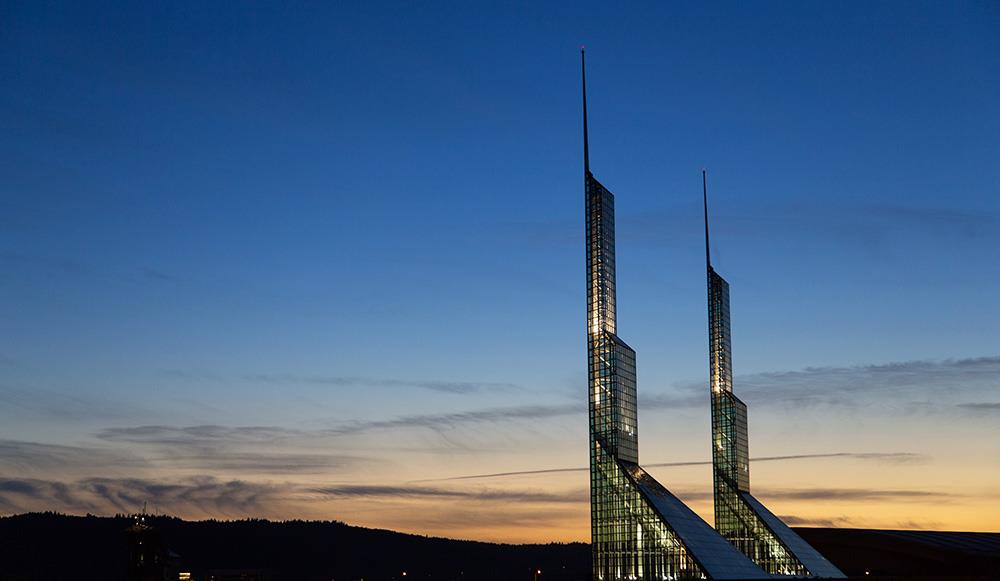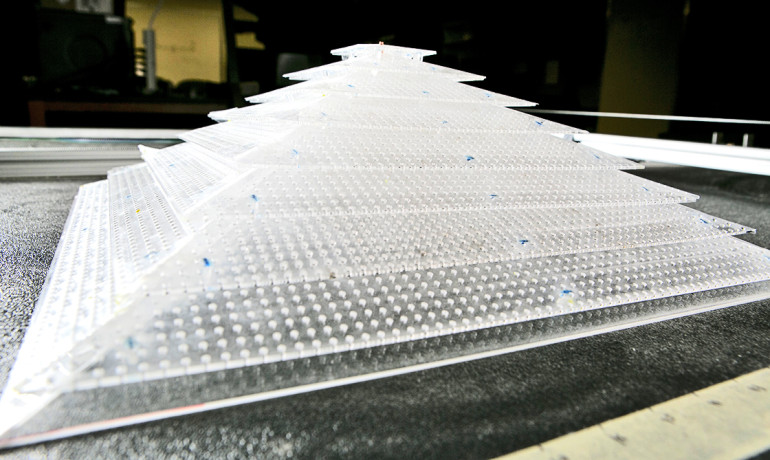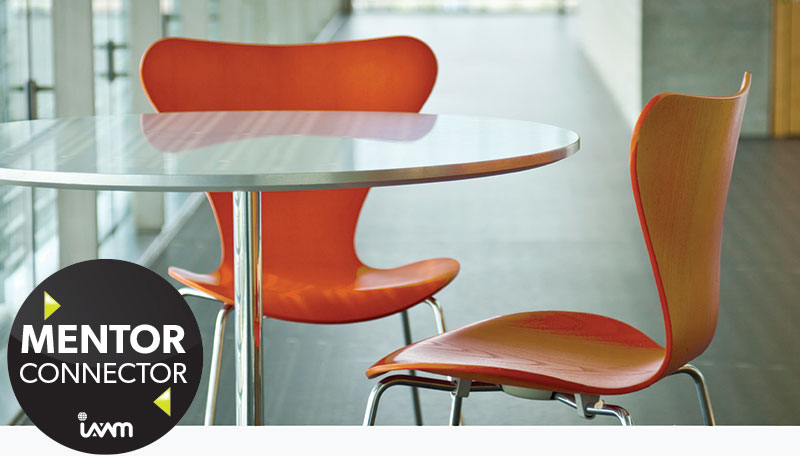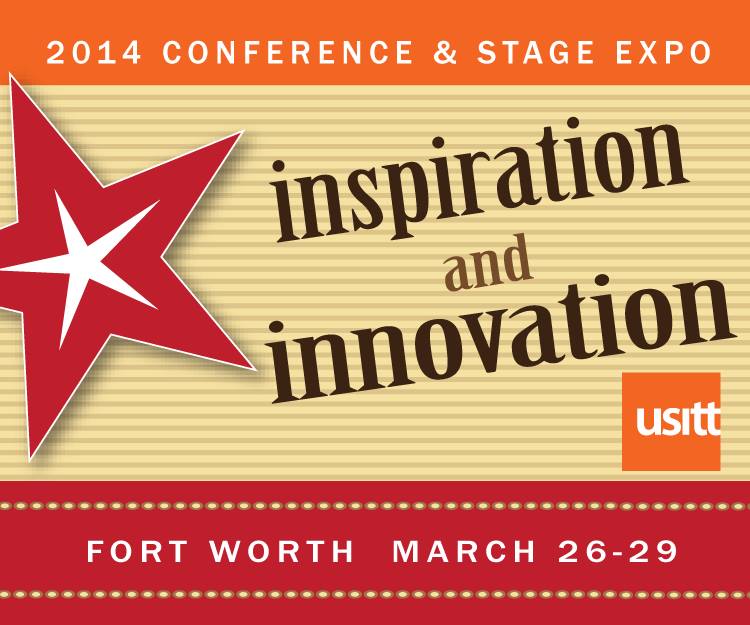Oregon Convention Center Now LEED Platinum Certified
This news just came over the press wire (a fancy way of saying it arrived in my email inbox). The Oregon Convention Center has achieved LEED Platinum certification. This makes it only one of two U.S. convention centers to hold that distinction.
“For the Oregon Convention Center to achieve LEED Platinum certification is an extraordinary accomplishment and represents the high value our community places on environmental stewardship,” said Scott Cruickshank, executive director of the Oregon Convention Center. “It’s also a testament to our staff whose years of dedication and commitment toward sustainable practices and responsible building management made this achievement possible.”
Platinum is the highest level a building can receive.
“Although this is major accomplishment, we will continue to explore new and innovative ways that the convention center can further reduce its carbon footprint and continue to be a role model for the entire convention industry,” Cruickshank said.
The Oregon Convention Center will play host to this year’s VenueConnect, July 26-29.
Industry News Weekly Roundup
There was a lot of news this past week. Here are some stories that caught our eyes.
Introducing Populous’ Living Park, an Exclusive Baseball Stadium for the Future
—Sports Illustrated
“A park that doesn’t simply sink into the dense urban fabric of a city, but merges with it, creating a completely new vision of stadium facades, community and interaction.”
FCC to Tackle Media Ownership, Spectrum Allocation Rules at March Meeting
—Bloomberg BNA
“The FCC will consider a report and order that seeks to revise rules that would liberate 100 megahertz (MHz) of spectrum in the 5150-5250 MHz band for unlicensed Wi-Fi use.”
Eugene O’Neill Theatre Center Launches National Music Theater Institute, Ensuring Future of Broadway Musical
—Playbill
“The O’Neill promises that the faculty will consist of “industry professionals and master teachers” but has not yet announced the names.”
Bigger Ice in NHL Arenas? It’s a Conversation Worth Having
—Toronto Star
“While the NHL’s unlikely to ever move to international size ice surfaces, there is an appetite for some amendments to the current standard.”
8 Ways Tech Has Completely Rewired Our Brains
—Mashable
“Some cognition experts have praised the effects of tech on the brain, lauding its ability to organize our lives and free our minds for deeper thinking. Others fear tech has crippled our attention spans and made us uncreative and impatient when it comes to anything analog.”
(Image: Sports Illustrated/Populous)
Meet the World’s First 3-D Acoustic Cloaking Device
Engineers at Duke University have built the world’s first 3-D acoustic cloaking device. For venues, this could help with architectural acoustics.
“The particular trick we’re performing is hiding an object from sound waves,” said Steven Cummer, professor of electrical and computer engineering at Duke University, in an article written by Ken Kingery . “By placing this cloak around an object, the sound waves behave like there is nothing more than a flat surface in their path.”
This all has to do with the field of metamaterials (artificial materials that exhibit properties not normally found in nature). For this cloak, the materials manipulating the sound waves are plastic and air. The final construction looks like a pyramid—plastic plates with air holes in them stacked above each other.
“To give the illusion that it isn’t there, the cloak must alter the waves’ trajectory to match what they would look like had they had reflected off a flat surface,” Kingery wrote. “Because the sound is not reaching the surface beneath, it is traveling a shorter distance and its speed must be slowed to compensate.”
Cummer said that even though the structure looks simple, it’s actually more difficult than it appears and the team had to put a lot of thought into how the sound waves would interact with it.
“To test the cloaking device, researchers covered a small sphere with the cloak and ‘pinged’ it with short bursts of sound from various angles,” Kingery wrote. “Using a microphone, they mapped how the waves responded and produced videos of them traveling through the air. Cummer and his team then compared the videos to those created with both an unobstructed flat surface and an uncloaked sphere blocking the way. The results clearly show that the cloaking device makes it appear as though the sound waves reflected off an empty surface.”
Cummer said that there’s potential for using this technology in venues.
“…the design of auditoriums or concert halls—any space where you need to control the acoustics,” he said. “If you had to put a beam somewhere for structural reasons that was going to mess up the sound, perhaps you could fix the acoustics by cloaking it.”
(Image: Duke University)
Experience the Value of the Mentor Connector Program
The IAVM Mentor Connector Program is an excellent vehicle to enhance your venue management career. Supported by some of our industry’s best and brightest venue professionals, now is the time to sign up for this unique program. Are you looking to change the sector you are involved in, are you wanting to learn a new skill, improve your leadership skills or need help devising a plan to become the next general manager at your venue? If so, sign up for the next 12-month schedule, April through March. Both mentors and mentees benefit from participating in the program—mentors become better teachers and mentees benefit from the knowledge and direction they gain. The partnership usually introduces both individuals to a new network of colleagues!
The program has no age limitations. You may want to learn about the latest smartphone apps, the latest techniques in ensuring the fan experience, advocacy laws that are applicable in your state or region—everyone can learn something from someone.
If you’d like to experience the value of this member benefit, please apply by March 26. If you have questions, please contact me at 972.906.7441. You can complete your application online at www.iavm.org/mentor.
Attend Stage Expo This Year for Free as a USITT Guest
There’s an upcoming event that I think many you may be interested in attending, especially if you’re in the North Texas area. It’s called the USITT Annual Conference & Stage Expo, and it will feature more than 12 areas of education and meetings for every specialty skill in the entertainment and theater industries. It all takes place March 26-29 at the Fort Worth Convention Center.
“In looking at what might interest IAVM members, sessions such as ‘Life Safety Management – Crowd Manager,’ ‘Creating Safety Plans,’ and ‘Death by Meeting’ (lead by one of the folks from Disney) are natural fits,” said Barbara E.R. Lucas, USITT director of communications & Sightlines editor. “Others, which include ‘You can almost hear the OSHA’ are also important. ‘Egress Lighting’ from our Architecture Commission may not be the session that draws the biggest crowd, but our attendees are looking forward to its insights. It is a collaboration of our Architecture, Engineering, and Safety & Health commissions.”
What’s more, IAVM members also have a great opportunity to learn about new products and resources at Stage Expo as a USITT guest. Visit www.usitt.org/iavm to register for the expo for free.
(Image: From the USITT Facebook page)
Do you want to receive a Front Row News weekly digest?
Categories
- Allied (861)
- Architecture (147)
- Arenas (747)
- Career (897)
- Convention Centers (895)
- Education (623)
- Events (1,544)
- Food & Beverage (193)
- Foundation (113)
- Guest Experience (1,496)
- Industry News (2,270)
- Leadership (1,888)
- Marketing (150)
- Membership (2,000)
- Music (213)
- Performing Arts Centers (454)
- Professional Development (409)
- Research (127)
- Safety & Security (442)
- Sports (763)
- Stadiums (608)
- Student (159)
- Technology (516)
- Ticketing (92)
- Touring (82)
- Trends (364)
- Uncategorized (742)
- Universities (218)
- Video (25)
- Young Professional (198)
Twitter Feed
- Twitter feed loading
Recent Posts
- Seattle Convention Center Announces Strategic Leadership Appointment and Growth Initiatives for 2026
- Peggy Daidakis Humbly Made Convention Center History
- Welcome to Our Newest Members
- New Member Benefit! IAVM Partners with Advantage Training to Elevate Staff Readiness and Guest Experience
- Charlotte Convention Center Welcomes Two New Leaders to its Management Team
Categories
- Allied
- Architecture
- Arenas
- Career
- Convention Centers
- Education
- Events
- Food & Beverage
- Foundation
- Guest Experience
- Industry News
- Leadership
- Marketing
- Membership
- Music
- Performing Arts Centers
- Professional Development
- Research
- Safety & Security
- Sports
- Stadiums
- Student
- Technology
- Ticketing
- Touring
- Trends
- Uncategorized
- Universities
- Video
- Young Professional
Archives
- December 2025
- November 2025
- October 2025
- September 2025
- August 2025
- July 2025
- June 2025
- May 2025
- April 2025
- March 2025
- February 2025
- January 2025
- December 2024
- November 2024
- October 2024
- September 2024
- August 2024
- July 2024
- June 2024
- May 2024
- April 2024
- March 2024
- February 2024
- January 2024
- December 2023
- November 2023
- October 2023
- September 2023
- August 2023
- July 2023
- June 2023
- May 2023
- April 2023
- March 2023
- February 2023
- January 2023
- December 2022
- November 2022
- October 2022
- September 2022
- August 2022
- July 2022
- June 2022
- May 2022
- April 2022
- March 2022
- February 2022
- January 2022
- December 2021
- November 2021
- October 2021
- September 2021
- August 2021
- July 2021
- June 2021
- May 2021
- April 2021
- March 2021
- February 2021
- January 2021
- December 2020
- November 2020
- October 2020
- September 2020
- August 2020
- July 2020
- June 2020
- May 2020
- April 2020
- March 2020
- February 2020
- January 2020
- December 2019
- November 2019
- October 2019
- September 2019
- August 2019
- July 2019
- June 2019
- May 2019
- April 2019
- March 2019
- February 2019
- January 2019
- December 2018
- November 2018
- October 2018
- September 2018
- August 2018
- July 2018
- June 2018
- May 2018
- April 2018
- March 2018
- February 2018
- January 2018
- December 2017
- November 2017
- October 2017
- September 2017
- August 2017
- July 2017
- June 2017
- May 2017
- April 2017
- March 2017
- February 2017
- January 2017
- December 2016
- November 2016
- October 2016
- September 2016
- August 2016
- July 2016
- June 2016
- May 2016
- April 2016
- March 2016
- February 2016
- January 2016
- December 2015
- November 2015
- October 2015
- September 2015
- August 2015
- July 2015
- June 2015
- May 2015
- April 2015
- March 2015
- February 2015
- January 2015
- December 2014
- November 2014
- October 2014
- September 2014
- August 2014
- July 2014
- June 2014
- May 2014
- April 2014
- March 2014
- February 2014
- January 2014
- December 2013
- November 2013
- October 2013
- September 2013
- August 2013
- July 2013
- June 2013
- May 2013
- April 2013
- March 2013
- February 2013
- January 2013
- May 2012
- March 2012
- December 2011
- November 2011
- October 2011
Recent Comments
- Frank Bradshaw, Ph.D., CVE on John Meyer, CVE, a Tireless Advocate of Certification for Venue Professionals, Has Died
- Neil Sulkes on Hilary Hartung, Friend to Many in Venue Marketing, Has Left Us
- Jason Parker, CVE on The Devastation of Hurricane Helene and How We Can Support One Another
- Larry Perkins on Touhey Testifies Against Speculative Ticketing Before Congressional Subcommittee
- Peter Secord on Major Players for Planned Elkhart Amphitheater Were in the Mix at VenueConnect





